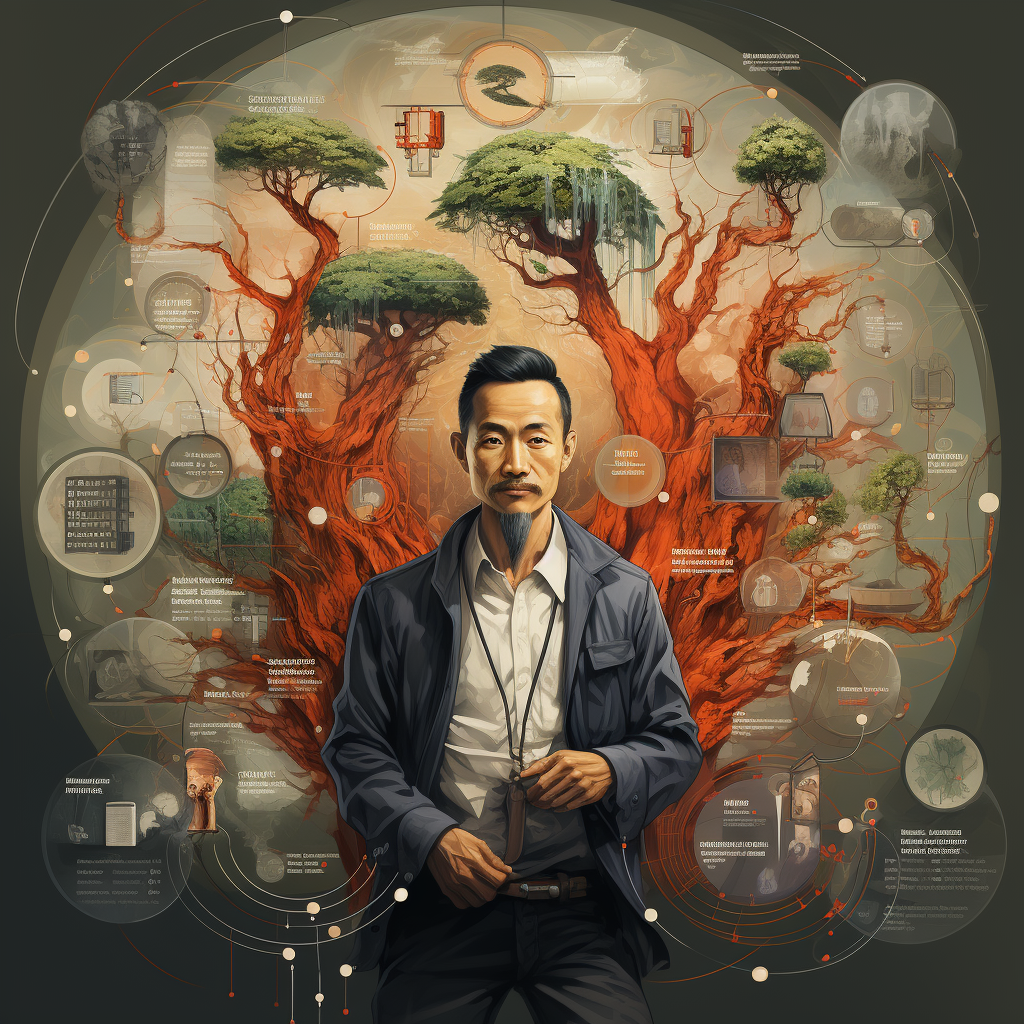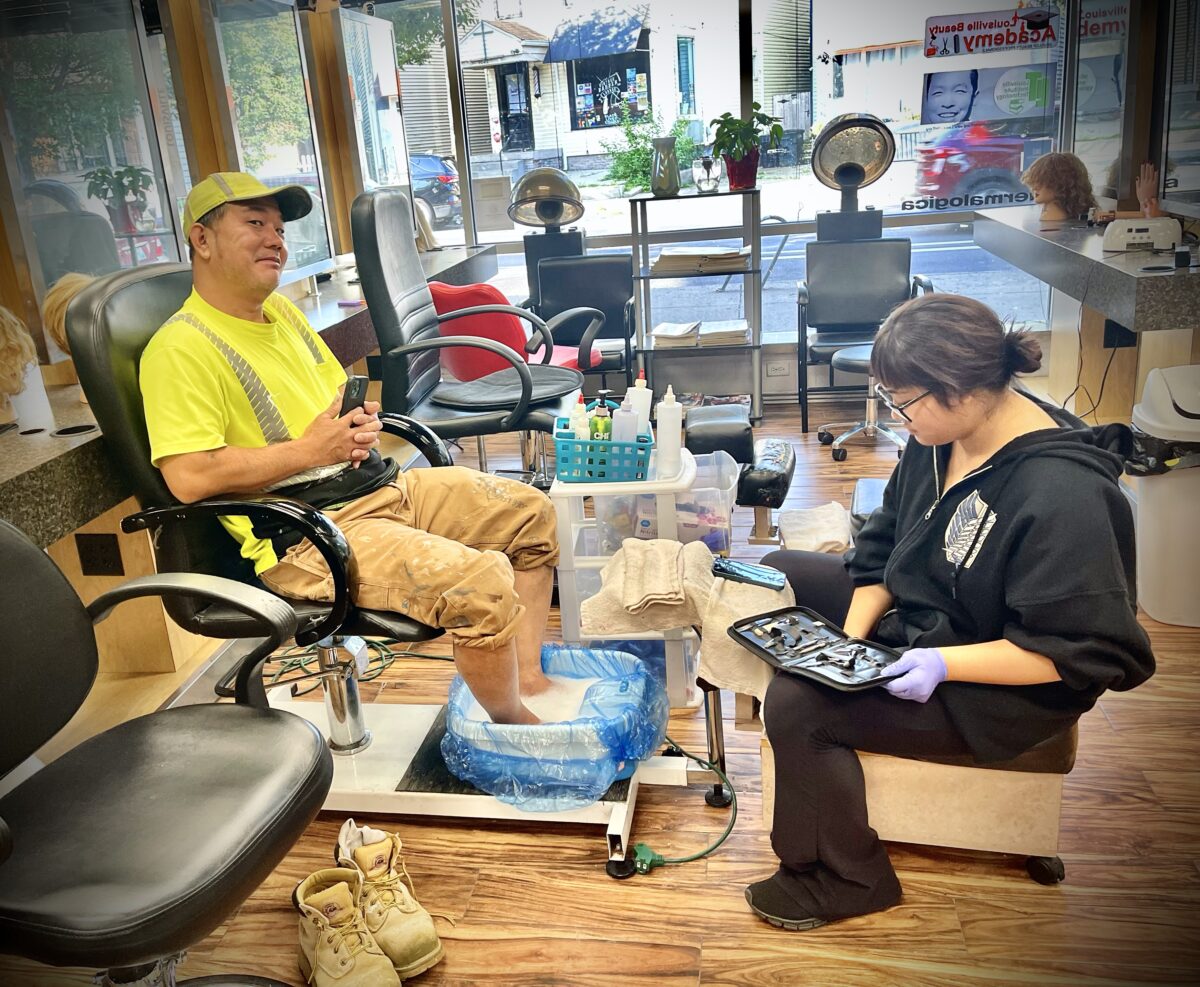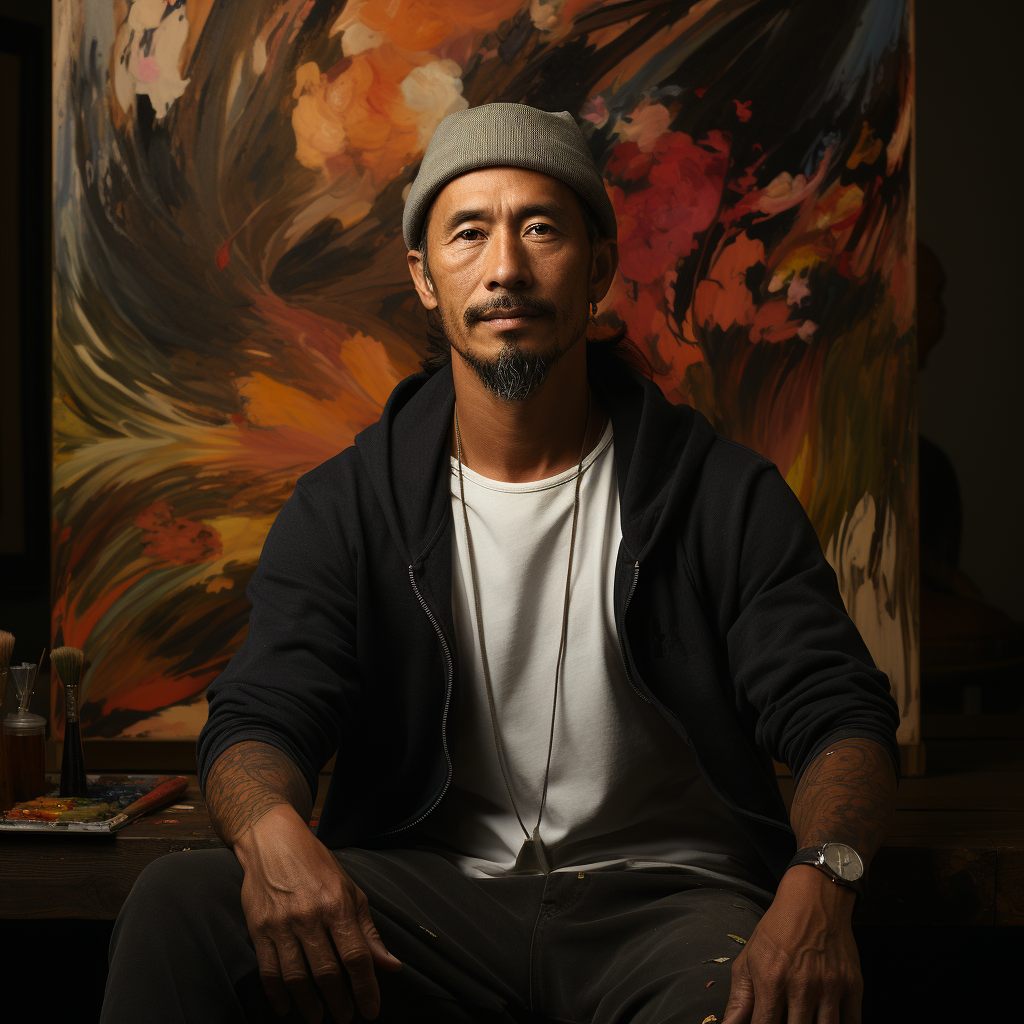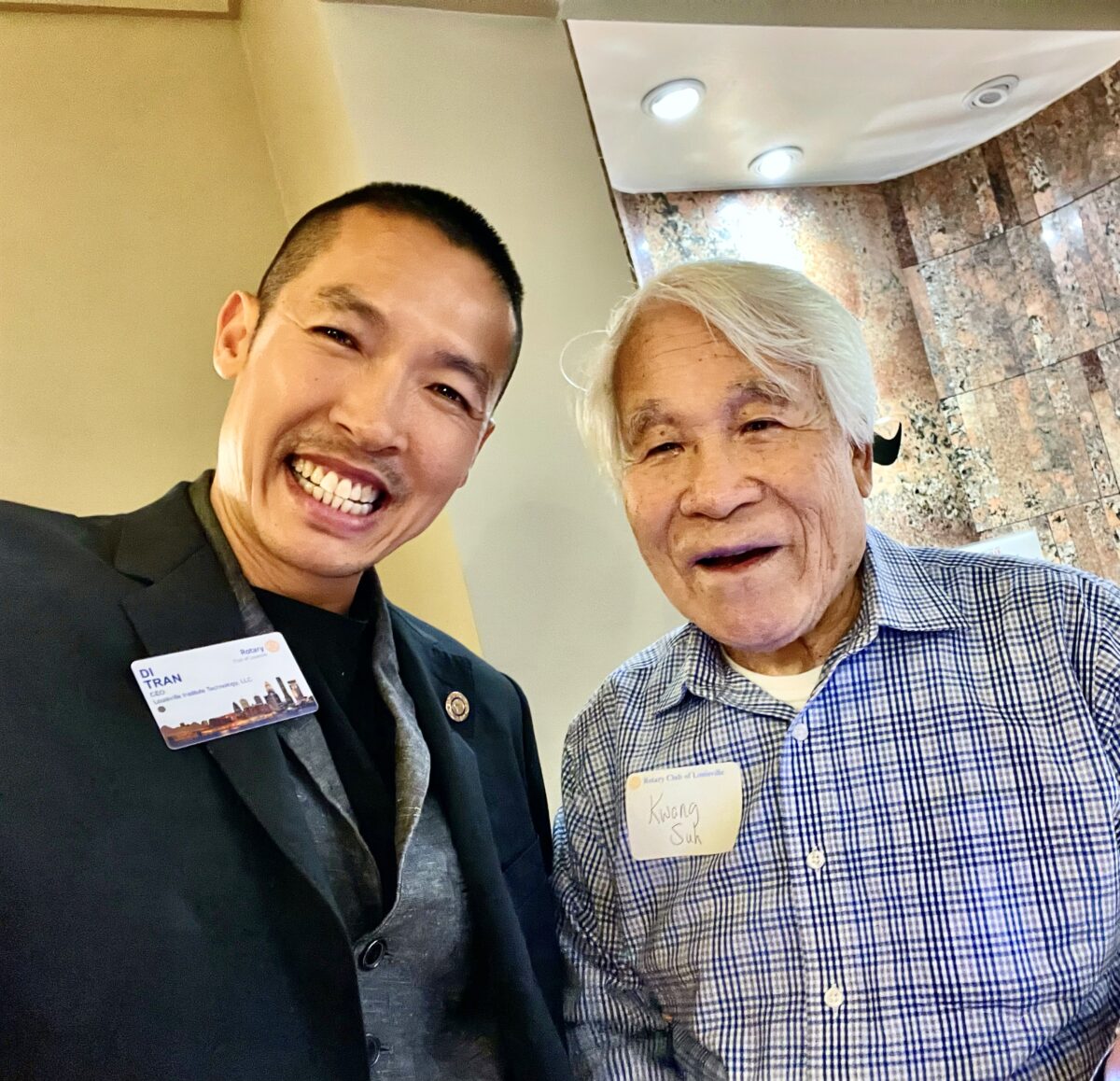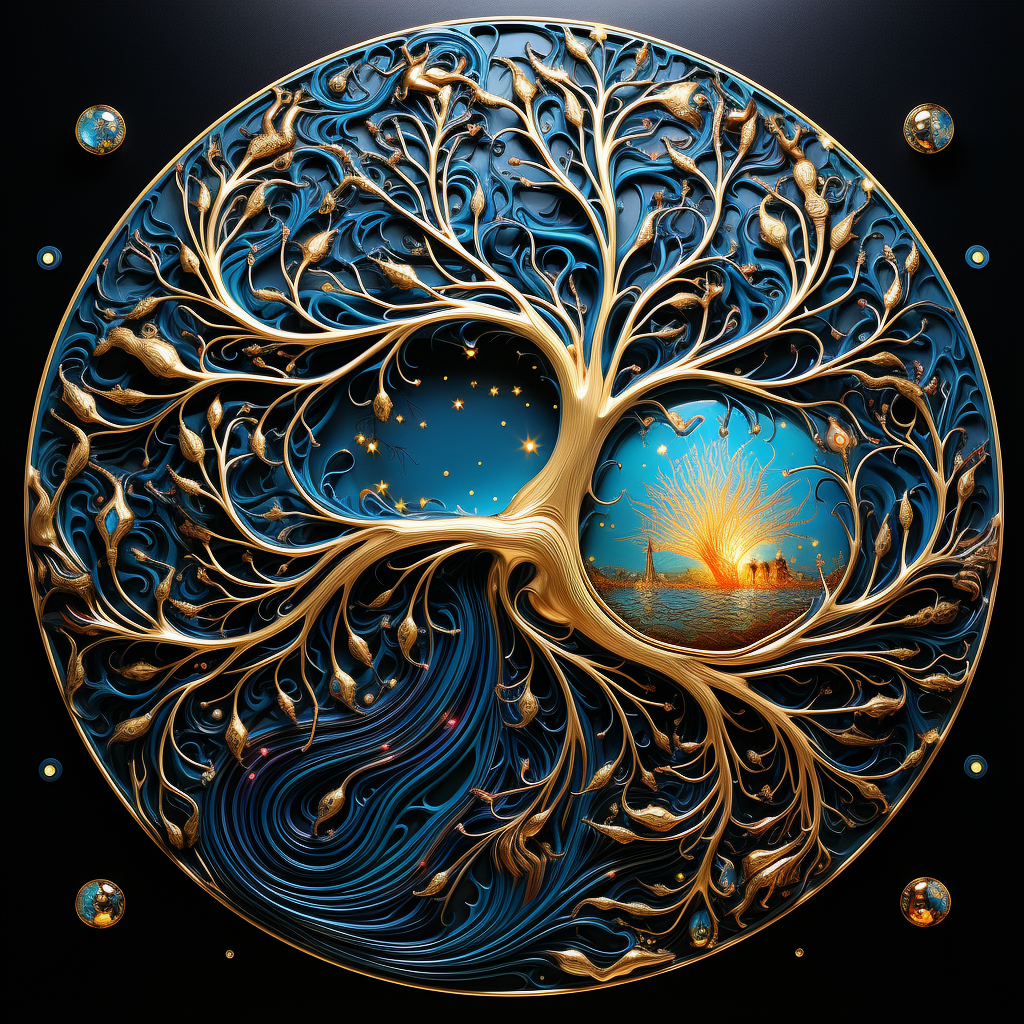In a world dominated by the pursuit of monumental goals and landmark achievements, Di Tran offers a counterintuitive, yet profound strategy for success: “Dream big but do super small.” As the acclaimed author of “Drop the ME and focus on the OTHERS”, “Guiding Lights: A Journey of Courage, Compassion, and Faith: Discovering Enduring Bonds and Timeless Wisdom Amidst Life’s Convolution”, and the anticipated “Drop the FEAR and focus on the FAITH”, Tran has explored the depths of human potential and the roadblocks that stand in its way.
The Power of Tiny Steps
The essence of Tran’s philosophy is the emphasis on breaking down seemingly insurmountable tasks into bite-sized, achievable steps. For example, when faced with the challenge of reading a book, instead of setting a daunting goal of reading an entire chapter each week, aim for a paragraph a day. This might appear almost too simplistic, but the magic lies in the act of starting and taking immediate action. As Tran eloquently puts it, when considering exercise, don’t aim for an exhaustive hour, but rather “a squat now at this moment”. When it comes to learning to play the piano, don’t get overwhelmed by an entire sonata, but instead, “play one note now”.
These incremental steps might seem almost too modest, but they are designed to bypass the common barriers of procrastination, overwhelm, and fear. By focusing on the immediate and achievable, individuals are more likely to take action.
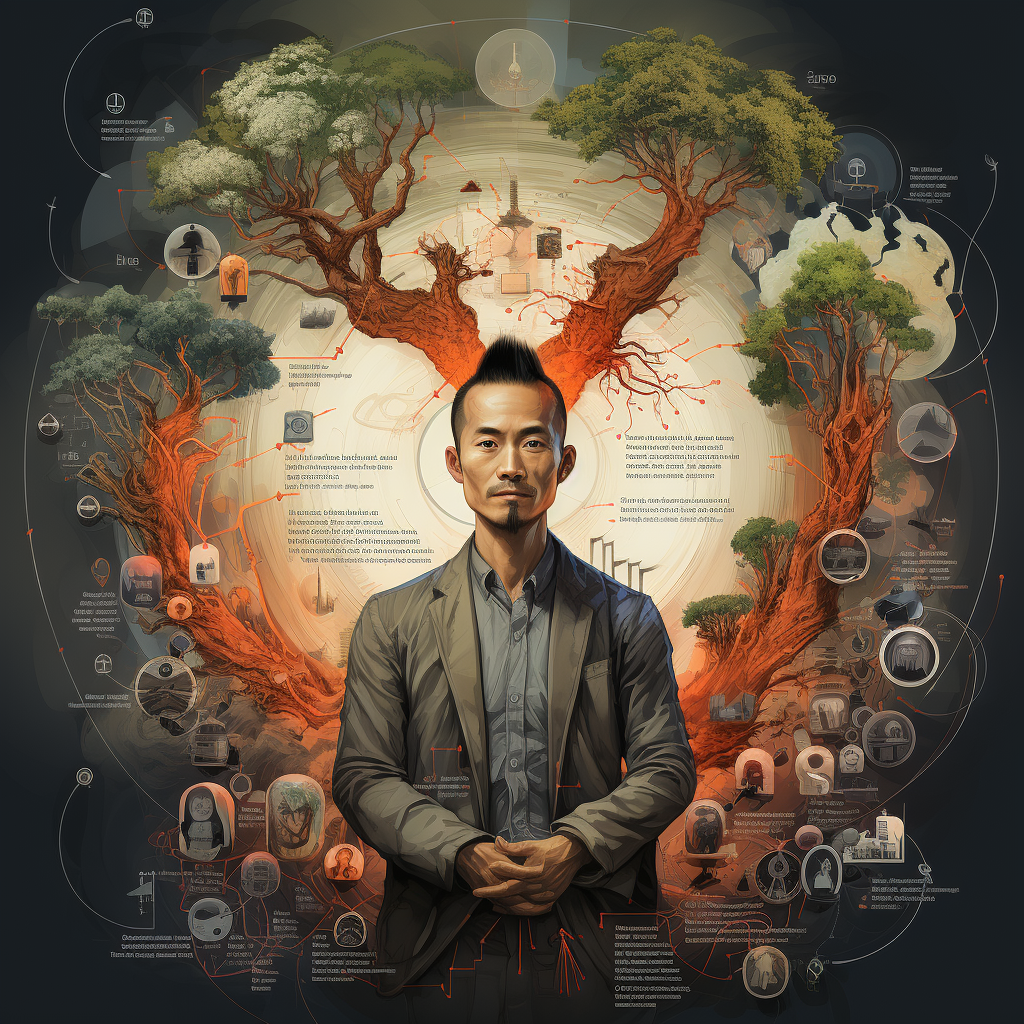
Consistency is Key
Tran’s second foundational principle is the significance of repetition: “do the exact same thing every day consistently”. This approach is backed by science. A study in the European Journal of Social Psychology found that on average, it takes more than two months before a new behavior becomes automatic – 66 days to be precise. Thus, the consistent repetition of a small task can, over time, lead to the formation of a lasting habit.
This methodology, though seemingly modest in its expectations, leads to exponential growth over time. By accumulating these tiny wins daily, the cumulative effect becomes significant. More importantly, these small, daily victories bolster self-confidence and morale, creating a positive feedback loop that propels individuals towards their larger aspirations.
Conclusion
Di Tran’s philosophy, rooted in the concept of taking immediate, small actions consistently, offers a refreshing perspective in a world fixated on quantum leaps and overnight success. While dreaming big is crucial for setting direction and purpose, the journey to these dreams is paved with tiny, consistent steps. In a society that often seeks instant gratification, Tran’s approach serves as a timely reminder that it’s the small, everyday actions, when done consistently, that truly shape our destiny.

